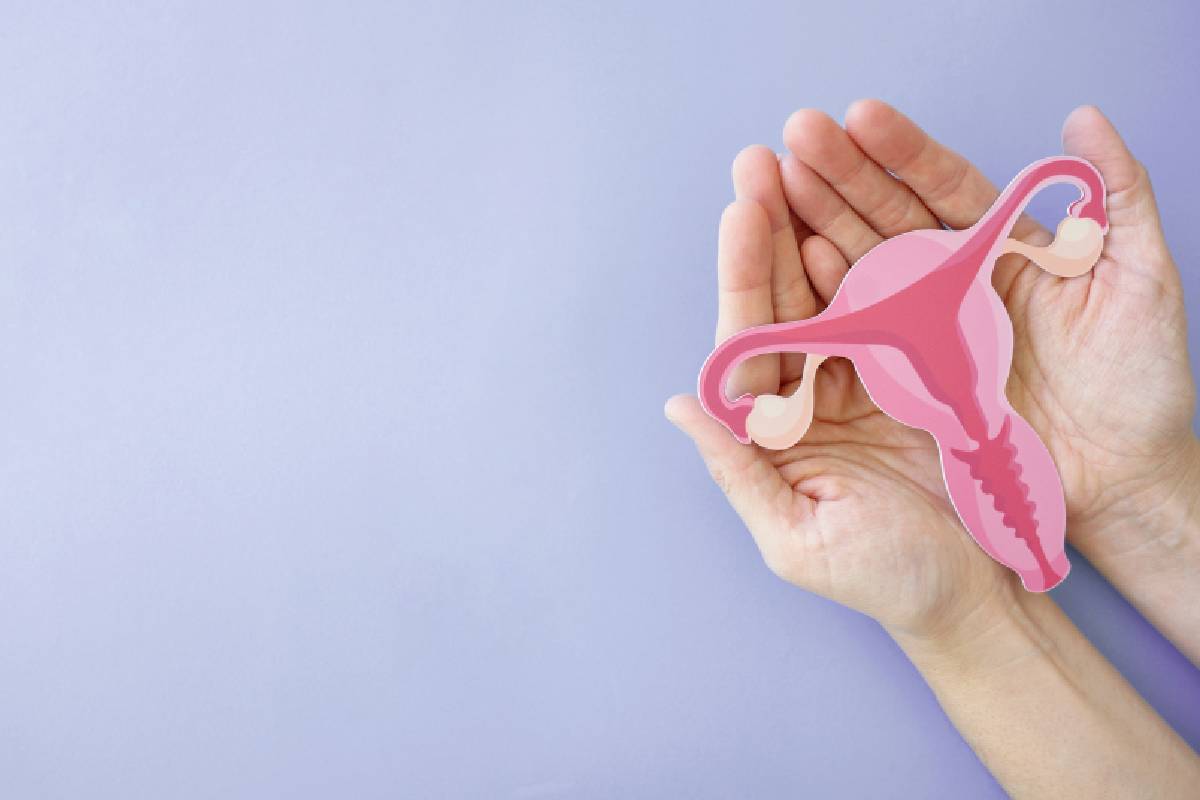
By: A Woman’s Place in Naples, FL
Preterm birth—when a baby is born before 37 weeks of pregnancy—affects about 1 in 10 babies in the United States. Because babies born too early face higher risks of health complications, many women ask: What can I do to lower my risk of preterm birth? At A Woman’s Place in Naples, FL, our providers focus on proactive prenatal care to keep you and your baby healthy throughout pregnancy.
What Causes Preterm Birth?
While sometimes the cause is unknown, several factors may increase the risk, including:
- Multiple pregnancies (twins, triplets, or more)
- A history of preterm birth
- Uterine or cervical issues
- Infections during pregnancy
- Chronic health conditions such as high blood pressure or diabetes
- Smoking, alcohol, or substance use
- High stress levels or lack of prenatal care
Warning Signs of Preterm Labor
Knowing the symptoms can make a big difference. Call your provider right away if you experience:
- Regular contractions before 37 weeks
- Vaginal bleeding or spotting
- Pelvic pressure or lower back pain that doesn’t go away
- A change in vaginal discharge (watery, mucus-like, or bloody)
How to Reduce Your Risk of Preterm Birth
While not all cases can be prevented, these steps can help lower your risk:
- Prioritize prenatal care: Attend all scheduled visits to monitor your health and your baby’s development.
- Manage chronic conditions: Keep blood pressure, diabetes, or thyroid issues under control with your provider’s guidance.
- Maintain a healthy lifestyle: Eat a balanced diet, exercise as recommended, avoid smoking and alcohol, and get plenty of rest.
- Reduce stress: Practice stress management techniques like yoga, deep breathing, or meditation.
- Discuss medications: In some cases, progesterone treatments or a cervical cerclage (a procedure to reinforce the cervix) may be recommended for women at high risk.
A Note on Pregnancy and Infant Loss Awareness Month
October is also Pregnancy and Infant Loss Awareness Month, a time to recognize the families who have experienced miscarriage, stillbirth, or infant loss. Preterm birth can sometimes be a factor in these heartbreaking outcomes, which is why prevention, education, and compassionate care are so important. At A Woman’s Place, we honor these families while continuing to support expectant mothers with the tools and care needed to promote healthier pregnancies.
Final Thoughts
Preventing preterm birth is about being proactive—through regular checkups, healthy lifestyle choices, and open communication with your provider. If you are pregnant or planning a pregnancy, the team at A Woman’s Place in Naples, FL is here to support you with personalized care every step of the way.
Schedule your prenatal appointment today: https://www.awpnaples.com/contact/
Further Reading
By: A Woman’s Place in Naples, FL
Preterm birth—when a baby is born before 37 weeks of pregnancy—affects about 1 in 10 babies in the United States. Because babies born too early face higher risks of health complications, many women ask: What can I do to lower my risk of preterm birth? At A Woman’s Place in Naples, FL, our providers focus on proactive prenatal care to keep you and your baby healthy throughout pregnancy.
What Causes Preterm Birth?
While sometimes the cause is unknown, several factors may increase the risk, including:
- Multiple pregnancies (twins, triplets, or more)
- A history of preterm birth
- Uterine or cervical issues
- Infections during pregnancy
- Chronic health conditions such as high blood pressure or diabetes
- Smoking, alcohol, or substance use
- High stress levels or lack of prenatal care
Warning Signs of Preterm Labor
Knowing the symptoms can make a big difference. Call your provider right away if you experience:
- Regular contractions before 37 weeks
- Vaginal bleeding or spotting
- Pelvic pressure or lower back pain that doesn’t go away
- A change in vaginal discharge (watery, mucus-like, or bloody)
How to Reduce Your Risk of Preterm Birth
While not all cases can be prevented, these steps can help lower your risk:
- Prioritize prenatal care: Attend all scheduled visits to monitor your health and your baby’s development.
- Manage chronic conditions: Keep blood pressure, diabetes, or thyroid issues under control with your provider’s guidance.
- Maintain a healthy lifestyle: Eat a balanced diet, exercise as recommended, avoid smoking and alcohol, and get plenty of rest.
- Reduce stress: Practice stress management techniques like yoga, deep breathing, or meditation.
- Discuss medications: In some cases, progesterone treatments or a cervical cerclage (a procedure to reinforce the cervix) may be recommended for women at high risk.
A Note on Pregnancy and Infant Loss Awareness Month
October is also Pregnancy and Infant Loss Awareness Month, a time to recognize the families who have experienced miscarriage, stillbirth, or infant loss. Preterm birth can sometimes be a factor in these heartbreaking outcomes, which is why prevention, education, and compassionate care are so important. At A Woman’s Place, we honor these families while continuing to support expectant mothers with the tools and care needed to promote healthier pregnancies.
Final Thoughts
Preventing preterm birth is about being proactive—through regular checkups, healthy lifestyle choices, and open communication with your provider. If you are pregnant or planning a pregnancy, the team at A Woman’s Place in Naples, FL is here to support you with personalized care every step of the way.
Schedule your prenatal appointment today: https://www.awpnaples.com/contact/









